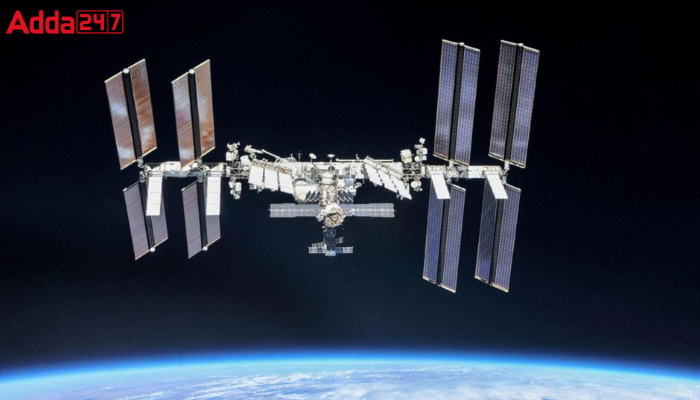The Indian Institute of Technology Madras (IIT) and NASA Jet Propulsion Laboratory researchers studied the interactions between microbes in the International Space Station (ISS). The study aims to help devise strategies for the disinfection of space stations to minimize any potential impact of microbes on the health of astronauts.
The collaboration was under Dr. Karthik Raman, Associate Professor at the Bhupat and Jyoti Mehta, School of Biosciences and a core member of the Robert Bosch Centre of Data Science and Artificial Intelligence (RBCDSAI), IIT Madras, along with Dr. Kasthuri Venkateshwaran, the senior research scientist at JPL.
Key Points related to the Study of Microbes in ISS
- Studying the microbes inhabiting the space station will help to understand the risks associated with short-term and long-term space travel on the health of astronauts.
- The study was motivated by earlier observations of the dominance of Klebsiella pneumonia on the surface of the ISS.
- The pathogen has been known to cause pneumonia and other nosocomial infections.
- The researchers analyzed the microbial sample data taken across three space flights at seven locations at the ISS.
- The study found that Klebsiella pneumonia is a major microbe that resides on the ISS.




 Which District is known as the Medical C...
Which District is known as the Medical C...
 Which was the First Women's University i...
Which was the First Women's University i...
 L&T Vyoma to Study 250 MW Green AI D...
L&T Vyoma to Study 250 MW Green AI D...








